Intro to ID529: Data Management and Analytic Workflows in R
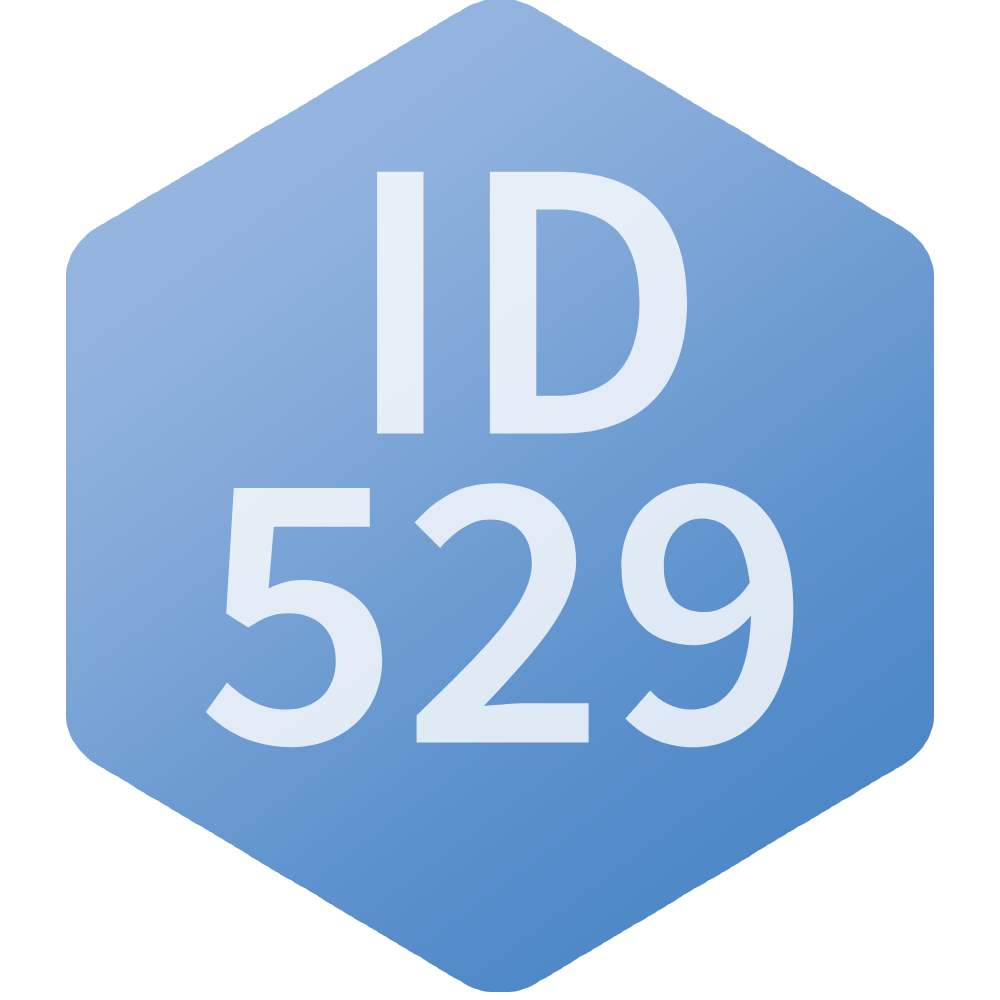
meet your instructors
Christian Testa (he/him/his)

Hi! I’m Christian Testa 👋 I’m now a 1st year PhD student in Biostatistics and I’ve been a statistical analyst working at the Harvard T.H. Chan School of Public Health for a little over 6 years.
My recent research has focused on addressing health disparities and inequities in the US.
The projects I’ve worked on recently have focused on epigenetic aging, multiple types of discrimination, COVID-19, and spatiotemporal methods in epidemiology.
Dean Marengi (he/him/his)

Hi there! I’m Dean Marengi, a current PhD student in the Department of Environmental Health. I received my MPH in epidemiology from the Harvard T.H. Chan School of Public Health, and have been involved in public health research for over ten years. Broadly, I am interested in studying the relationship between prenatal environmental exposures and the subsequent development of neuropsychiatric outcomes.
I’m a self-taught R programmer who is very enthusiastic about data cleaning, and even more enthusiastic about helping others learn how to clean their data!
Jarvis Chen (he/him/his)

Hi, I’m Jarvis Chen, a Lecturer in Social and Behavioral Sciences at the Harvard T.H. Chan School of Public Health and Associate Director of the PhD Program in Population Health Sciences at the Graduate School of Arts and Sciences. I teach multiple courses in quantitative research methods and I’m passionate about causal inference, methods development, and population health science pedagogy.
I’ve been a self-taught programmer for >25 years 🫠 and I love learning from other people about the different ways we can analyze and understand data.
collaborator/co-conspirator/patron
our class mascot

hodu is a 2.5 year old samoyed.
호두 (hodu) means walnut in korean.
he loves dogs, people, and treats.
course philosophy
our goals
our goal is to give you the roadmap, time, and space you need to grow your R skills.
all our lecture recordings and slides will be online so you can refer back to them as you need to.
some pep talk
It’s easy when you start out programming to get really frustrated and think, “Oh it’s me, I’m really stupid,” or, “I’m not made out to program.” But, that is absolutely not the case. Everyone gets frustrated. I still get frustrated occasionally when writing R code. It’s just a natural part of programming. So, it happens to everyone and gets less and less over time. Don’t blame yourself. Just take a break, do something fun, and then come back and try again later.
— Hadley Wickham, Chief Scientist at Posit (Formerly RStudio)
course overview
before we dive in, we want to make sure you have a few things in hand:
- our course website:
https://id529.github.io/ - our syllabus:
https://id529.github.io/syllabus/
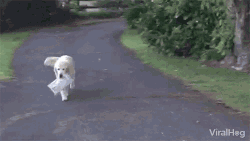
key objectives
- students will learn best practices for data cleaning, management, and project organization in the context of R programming based analyses focused on Population Health Science.
- reproducibility will be emphasized to teach students both the merits of reproducible workflows as well as how to build and implement them.
- learning git and github to version control and disseminate code.
key objectives (continued)
- exploratory data analysis skills including:
- data visualization
- working with regression models
- creating professional reports
- how to leverage online resources to get help with any R programming challenges.
- students will get great picture of the spectacular kinds of data analysis they can go on to do!
tracks for the course
keeping in mind that it’s impossible to learn all of R in any short period of time, we want to encourage you to be thoughtful about how you can get the most out of this course.
We think every data analyst needs to know something about each of:
- Programming
- Data Visualization
- Data Cleaning + Management and Working with Codebooks
- and Reproducibility
a progression of skills
| Concept | Programming | Visualization | Data Management | Reproducibility |
|---|---|---|---|---|
| Beginner | Objects, Functions, Debugging, Getting Help | Basic plotting + tinkering | Reading various formats, writing files, data manipulation, factors | Basic GitHub, R Markdown, Project workflows |
| Intermediate | Functional (purrr), Flexible Functions | Composition, plotly, mapping | Nice tables, dplyr across, pivoting, splitting, APIs | Reprex, Quarto, GitHub Pages, Testing, renv |
| Advanced | tidyeval | Niche ggplot2, RGL | Labeled data | Packages, Branches on Git |
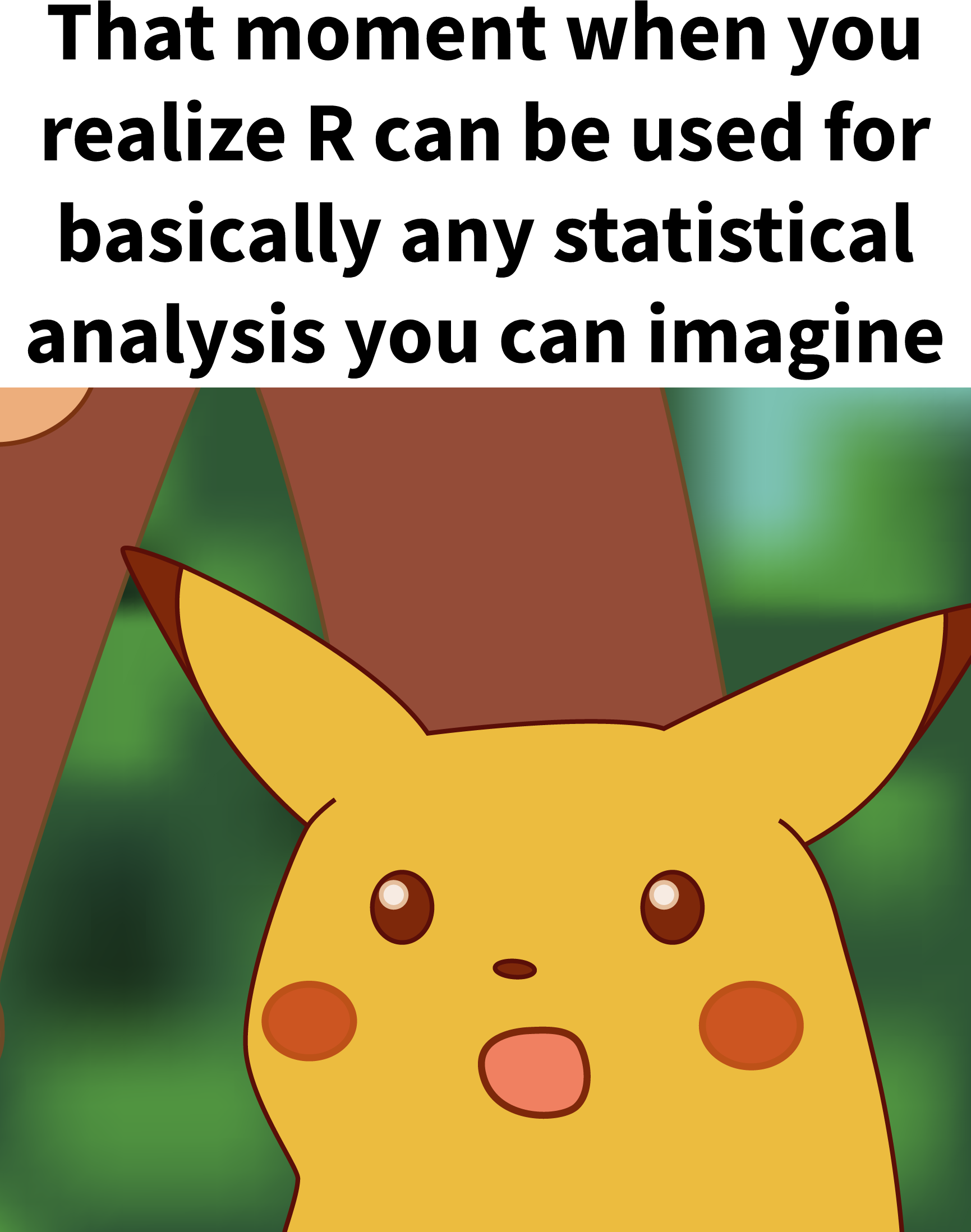
homeworks
there is a small homework due tonight, another homework due Sunday night, a first-draft of the final project, and the final project.
additionally, we are asking you to do peer reviews on the homework so that:
- you benefit from learning how others approached the same problem, and
- you practice articulating constructive feedback related to programming in R.
rubric for homework
your homework will be evaluated on the following rubric:
|
we really just want to see that you’re learning, growing as a programmer, and using the homeworks to challenge yourself in a healthy, productive way.
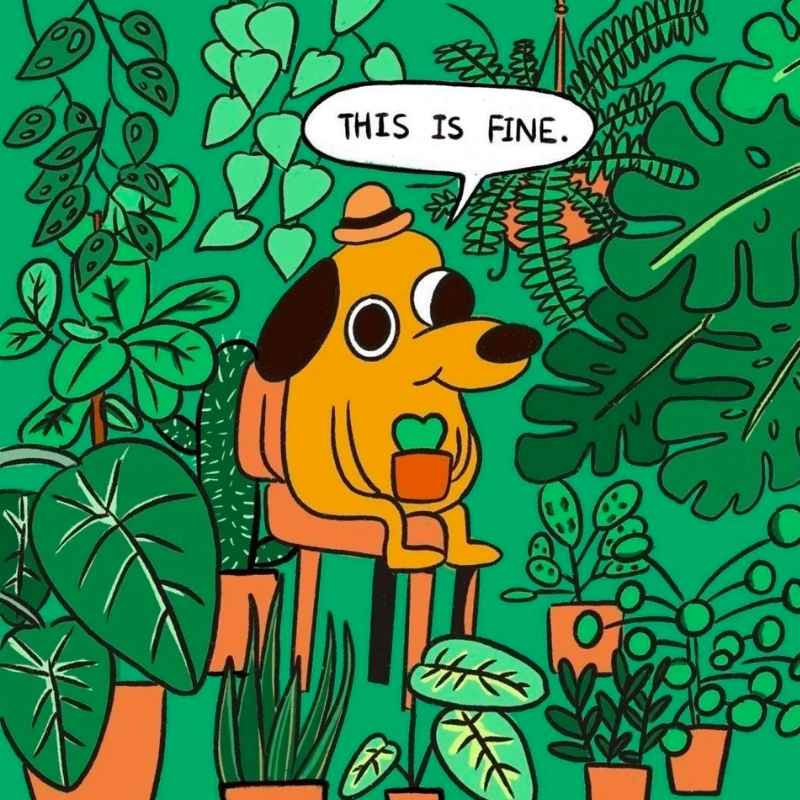
rubric for peer review
your peer reviews will be evaluated on the following rubric:
|
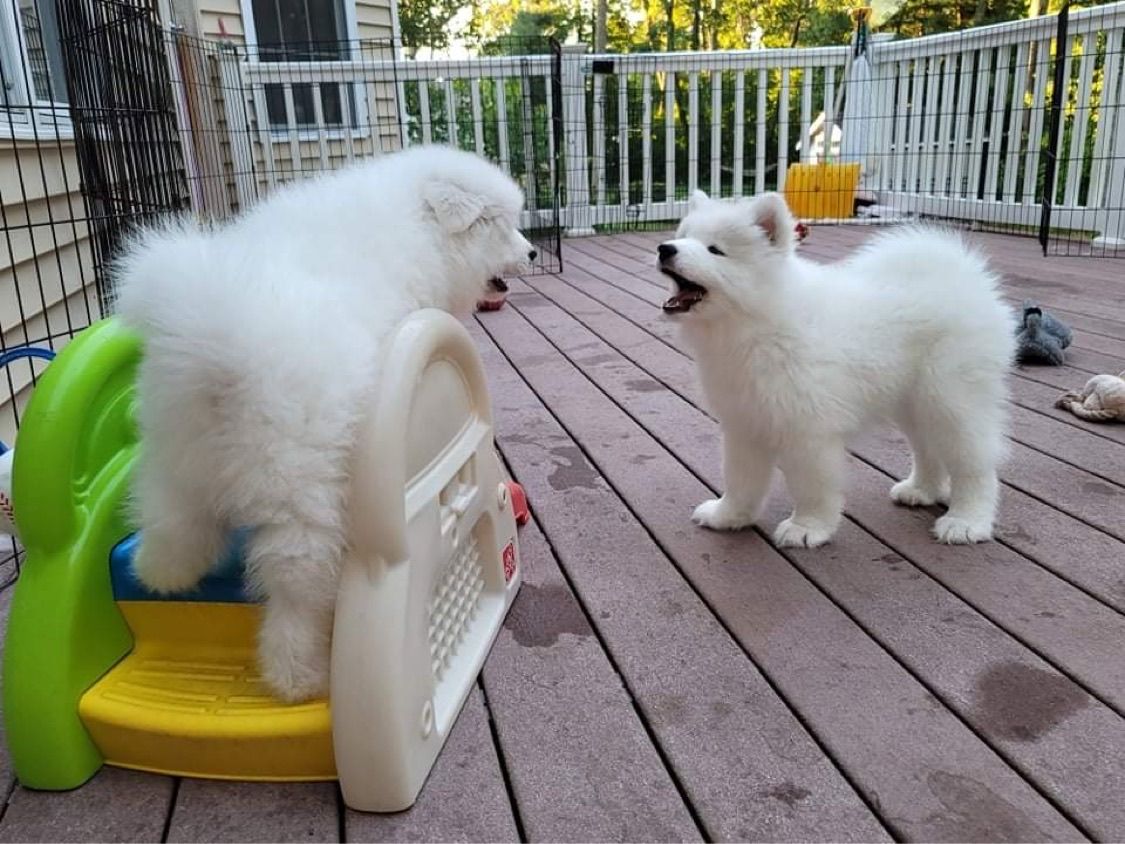

class discussions
throughout the class, we’ll be having several discussion based activities in various formats.
we want to make sure everyone has a chance to shine, so please make sure that you 1) aren’t dominating the discussions and 2) please be aware that your questions are completely welcome in our discussions.
slack & communication
we’ll be active on the Slack that is linked to through Canvas – we’d love to see you on there, to answer questions for you, and to see you collaborate together.
if you have questions that you’d like to ask the instructional team in private, please email all three of us and we’ll reply-all to you so the whole instructional team knows if your question has been answered by another one of us.
recordings
we’ll be recording the lectures (but not discussions) and posting them online so you can refer back to them during the course and after.
covid policy
source: https://www.mwra.com/biobot/biobotdata.htm
- please wear a mask
- please stay home if you have symptoms / feel sick
time for a live demo 🤞
what are some of the principles that the live demo employed?
enter your questions / thoughts on bit.ly/day1-discussion
- code makes the analysis repeatable
- project organization, code hygiene and documentation
- data visualizations support exploratory data analysis and communicating results
- ample reliance on tools that are already out there